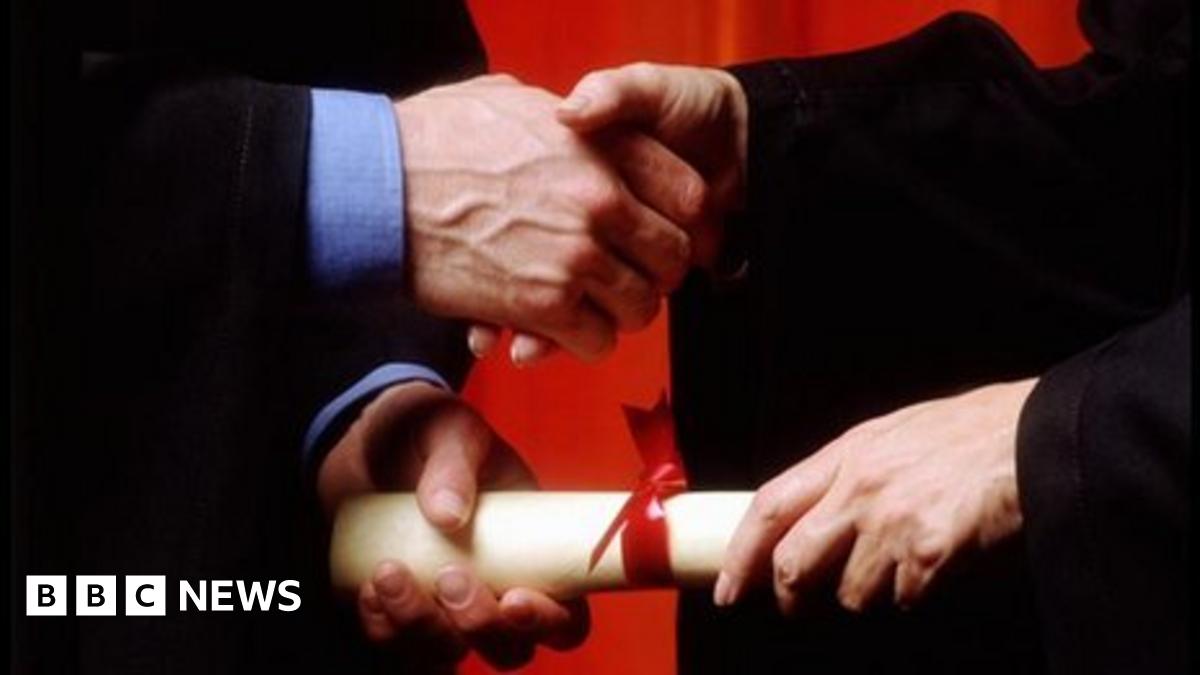Originally posted by teamsaint
View Post
Is tripartisanship over the SNP's bid to retain the £ bullying?
Collapse
X
-
I'm not sure that living standards have been eroded if you compare them with even quite a short while ago. They only seem to be when the very short term is considered. What there has been is an increase inequality; and the people at the bottom of the pile find things very tough at the moment.It isn't given us to know those rare moments when people are wide open and the lightest touch can wither or heal. A moment too late and we can never reach them any more in this world.
-
-
But they did - that's the point.Originally posted by MrGongGong View Post...they didn't have it before the Euro either
From ff's link:
A new pound was introduced in 1928, although parity with sterling was maintained for another fifty years. This new Irish pound was initially known as the Saorstát pound ("Free State pound") and was pegged to the pound sterling. As with sterling, the £sd system was used, with the Irish names punt (plural: puint), scilling (plural: scillingí) and pingin (plural: pinginí). Distinctive coins and notes were introduced. However, the pound sterling continued to be accepted on a one-for-one basis everywhere.
What's to stop the Scots doing the same?
Comment
-
-
Five or more years of eroded living standards probably seems like quite a long time if you are anywhere down the ladder. And as you say there is the rapidly increasing inequality, (and the failure of governments to even recognise the problem). another issue is the very real fear that many parents have that their children will have less economic certainty and opportunity than they did. Housing shortage and costlooms very large in this.Originally posted by french frank View PostI'm not sure that living standards have been eroded if you compare them with even quite a short while ago. They only seem to be when the very short term is considered. What there has been is an increase inequality; and the people at the bottom of the pile find things very tough at the moment.
I accept your point about timescales, up to a point but, for instance, the banks that failed didn't put a five year moratorium on bonuses.I will not be pushed, filed, stamped, indexed, briefed, debriefed or numbered. My life is my own.
I am not a number, I am a free man.
Comment
-
-
I went and worked in Ireland many times when they had the PuntOriginally posted by jean View PostBut they did - that's the point.
From ff's link:
A new pound was introduced in 1928, although parity with sterling was maintained for another fifty years. This new Irish pound was initially known as the Saorstát pound ("Free State pound") and was pegged to the pound sterling. As with sterling, the £sd system was used, with the Irish names punt (plural: puint), scilling (plural: scillingí) and pingin (plural: pinginí). Distinctive coins and notes were introduced. However, the pound sterling continued to be accepted on a one-for-one basis everywhere.
What's to stop the Scots doing the same?
and from what I remember it certainly wasn't equal to the pound sterling
I seem to remember being paid in Punts and having to exchange them for £ sterling and them being worth significantly less
I still have a few of them somewhere
Comment
-
-
And then they joined the Eurozone and articulated their currency with that of Deutschland and La France, as ya do, and the rest is history! Lol!Originally posted by MrGongGong View PostI went and worked in Ireland many times when they had the Punt
and from what I remember it certainly wasn't equal to the pound sterling
I seem to remember being paid in Punts and having to exchange them for £ sterling and them being worth significantly less
I still have a few of them somewhere
Comment
-
-
You're talking about later on - I'm talking about immediately after independence, when the Irish pound was at parity with ours. Nobody (apparently) said to the Irish 'If you go it alone, you can't continue to use the pound', and still by the 1950s the currencies were interchangable on a one-for-one basis.
They've just been discussing the Irish case on Radio 4. I suppose the difference between now and 1922 is that back then, nobody expected banks to fail and an entire economy to have to be bailed out by its neighbour(s).Last edited by jean; 15-02-14, 09:41.
Comment
-
-
And 70-odd years prior, nobody expected to be unable to feed themselves and be 'bailed out' by their neighbour. The world moves on, as they say.Originally posted by jean View PostI suppose the difference between now and 1922 is that back then, nobody expected banks to fail and an entire economy to have to be bailed out by its neighbour(s).
Comment
-
-
Someone else is interested in the Irish precedent as an alternative to currency union:
It certainly seems a better option than that proposed by Salmond which immediately dilutes independence and is probably unachievable against the opposition of the Westminster government. As to having no economically stronger countries to help bail them out in case of catastrophe, Iceland had none and is already recovering well. And the lessons of the global crash as to the importance of proper financial regulation ought to concentrate the minds of the leaders of an economically independent small country.Last edited by aeolium; 15-02-14, 11:13.
Comment
-
-
And here is another commentator not impressed by the threats over the currency:
 Kevin McKenna: The Observer's Scotland columnist believes that the threats over sterling may end up shattering the union
Kevin McKenna: The Observer's Scotland columnist believes that the threats over sterling may end up shattering the union
Barroso's comments about how difficult it would be for Scotland to be a member of the EU (using a hopelessly inappropriate analogy of Spain's attitude to Kosovo, which emerged from a non-EU state in any case) are interesting. What about the case of the unified Germany which could arguably be considered a different state from West Germany which was already in the EC? Germany after reunification was not required to reapply as a member AFAIK, and even though it is not a parallel with the case of a member state splitting up, Germany incorporating a large additional territory with a wholly different economic infrastructure and massive new costs to the state was conceivably a more serious economic and political change.
Edit: a former European Court judge comments on Barroso's remarks:
Comment
-
-
Maybe, and clearly some sort of agreements would be necessary between the rest of the UK and an independent Scotland.Originally posted by Flosshilde View PostA common currency region would surely require members to give up economic independence (just look at what's happening in the Eurozone) . Control over taxation & spending is one of the major planks in the argument for independence - so arguing for a currency union would seem to be rather contradictory. & it would surely be difficult for a union of two unequal partners to work.
However, what would actually happen if the Scots just carried on using the pound? Would we all be forced to hand over our UK pounds as we crossed the border? There have been other examples of countries using other currency in recent years - some African countries used the dollar, and this stablised their economies considerably. Some countries, for example Russia, have their own currencies, but many traders prefer to deal in Euros.
Would we end up with skirmishes and raids to confiscate currency on either side of the Scotland/England border? On the spot fines for anyone found in possession of "other" currency? I doubt it!
Comment
-
-
They really haven't thought it through have they
(from todays Independent)
The situation at the moment is of dubious legality as it is.If Scotland left the United Kingdom, and managed to stay in or rejoin the European Union, the rest of Britain would then have the same legal status as any other EU member, so our nationals, like the nationals of all other EU members, would be entitled to free tuition at Scotland’s universities.
But the Scottish government in its recent publication Scotland’s Future says that it would “maintain the status quo by continuing our current policy of charging fees to students from the rest of the UK to study at Scottish higher education institutions”.
However, discrimination against nationals of other EU member states has been found to be in breach of EU law. Many senior academics from Scotland’s universities, including professors of European Union law, have therefore questioned the legality of the SNP’s proposed policy.
Comment
-
-
At the momentOriginally posted by Flosshilde View PostWhat's dubious about it at the moment? The policy has been in place for a number of years without legal challenge from the UK government or from anyone affected. The SNP has given the grounds for arguing that the situation could continue - all allowable under EU regulations.
Scottish students don't pay
English ones do
students from the rest of the EU don't
There have been legal challenges though i'm not sure where they have got to?
It's dubious because you aren't supposed to discriminate against other EU countries
the Danish do things very differently
Comment
-
-
not very far in this case -Originally posted by MrGongGong View PostThere have been legal challenges though i'm not sure where they have got to?
The planned petition for judicial review at the Court of Session in Edinburgh by the Birmingham-based practice, Public Interest Lawyers (Pil), on…
Do you mean countries, or states? At the moemnt the Scottish Governments policies don't affect students from another state.It's dubious because you aren't supposed to discriminate against other EU countries
Comment
-
-
Yes they doOriginally posted by Flosshilde View PostDo you mean countries, or states? At the moemnt the Scottish Governments policies don't affect students from another state.
English students pay
French ones don't
 The Scottish government is to legislate to make it harder for UK students outside Scotland to avoid paying tuition fees.
The Scottish government is to legislate to make it harder for UK students outside Scotland to avoid paying tuition fees.
Regardless of what happens it's unethical to charge English students and not ones from other EU countries
if the Scottish government wants to subsidise Scottish students then that's fine (but the Danish would consider it illegal under EU law).....
The fine distinctions between countries and states don't really matter when you are having to cough up !
No politicians are ethical but Alex "yes-please-mr-Trump anything-you-say-mr-Trump" is hardly a man one could trust with anything more than being milk monitor.
Comment
-




Comment